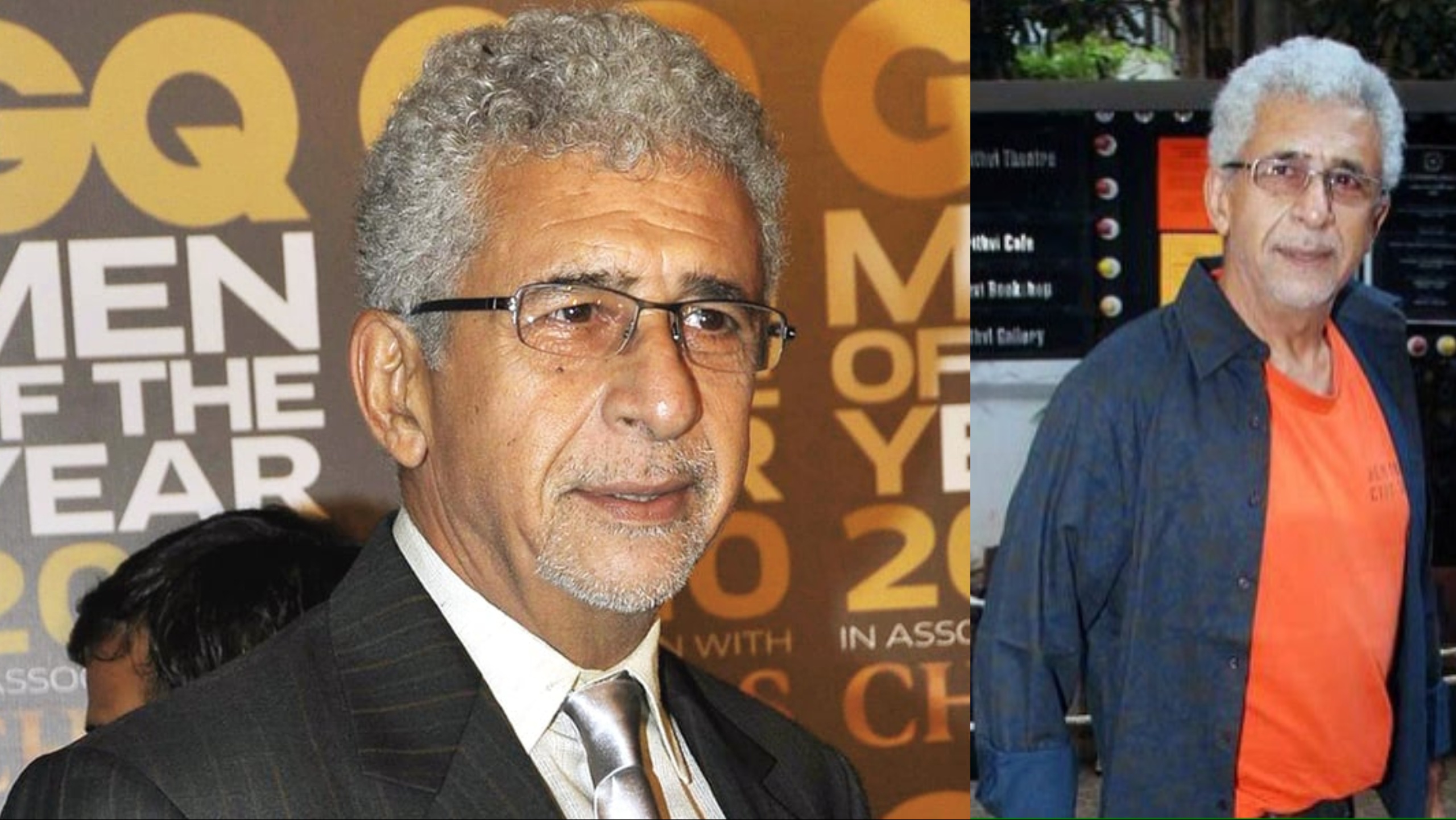At an event in Mumbai recently, famous actor Naseeruddin Shah told it like it is about Bollywood. He disagreed with the whole idea of what Bollywood is and said that Korean film is better.

Veteran actor Naseeruddin Shah recently spoke out strongly against the Indian film industry, popularly known as Bollywood, in a daring exposition that has shaken the film world. Having worked in Indian cinema for many years, Shah is a well-known character who has stated that he prefers Korean films to Bollywood ones and that the word “Bollywood” itself devalues the distinctiveness of Indian cinema.
“We keep claiming that the whole world is watching Bollywood films,” Shah said during his speech, “but Korean films are better than Bollywood films.” His comment captures a developing belief that, although Bollywood professes to have a worldwide impact, it might not be able to match the creative integrity and storytelling of Korean films. Shah stressed that characters are developed in ways Bollywood films sometimes ignore and that Korean films frequently go deeper into intricate stories.
The Disdain for ‘Bollywood’
Shah claims that by just emulating the name of Hollywood, the term “Bollywood” trivialises the Indian film industry and reduces the inventiveness and richness of the culture of Indian cinema. “I hate the word ‘Bollywood’ first of all,” Shah said, emphasising the need to acknowledge and appreciate Indian cinema as a unique entity rich in its many storytelling traditions rather than as a copy of Western film companies.
Examining Content and Commercialization
Shah criticised Bollywood films for being shallow, which he thinks stems from the industry’s emphasis on financial success above creative worth. “Bollywood films are rumoured to be becoming increasingly popular, much as Indian food is becoming increasingly well-known worldwide. But since these films are made with well-known motivations and lack content, I promise that this bubble will pop eventually, he said.
This analogy to Indian food praised worldwide for its depth and authenticity, emphasises his thesis that Bollywood films frequently fall short of receiving the same level of credit for true creative value in favour of formulas that ensure box office success. Shah worries that if the business does not change course and start producing more important material, this strategy may cause Bollywood’s standing to deteriorate worldwide.
Global Notoriety and the Prospects for Indian Film
Shah’s comments imply that Bollywood needs to reflect because of its enormous output and heavy presence in other markets. Bollywood should think about taking a cue from the success of Korean films, especially in terms of its inventive narrative and wide range of genres. Not only have Korean films won praise worldwide, but their realistic topics and fine craftsmanship have enthralled viewers everywhere.
Naseeruddin Shah’s open observations demand that Indian filmmaking change. He is a proponent of a movie that puts narrative integrity, character development, and depth ahead of commercial success and superficial appeal. His criticism is not only an analysis of two film industries but an appeal to Bollywood to change and embrace norms that, via more intelligent and captivating films, honour the rich fabric of Indian culture.
With the Indian cinema industry still competing internationally, the views of a seasoned actor such as Naseeruddin Shah critically analyse its present course. His observations might start important debates about the course Bollywood is taking among reviewers, audiences, and directors. It remains to be seen if this will spur an Indian cinematic revival that is more in line with the creative accomplishments of Korean films. However, in an increasingly linked and culturally varied global film industry, Shah’s remarks unquestionably create the conditions for reassessing what Indian cinema should aim to become.